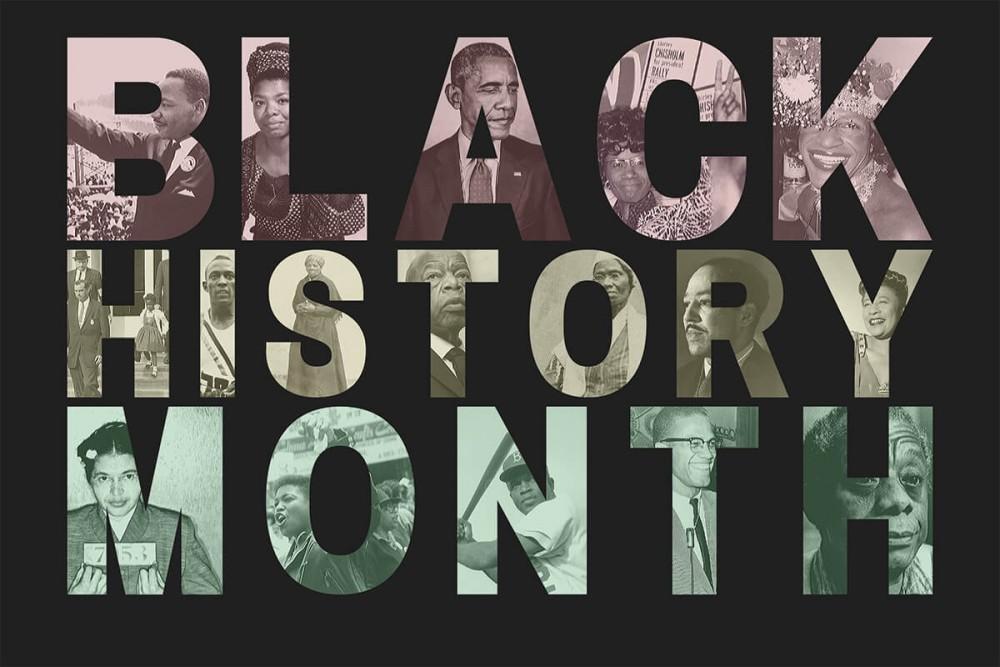
What Black History Month Means for Mental Health

Each year during the month of February, we recognize and celebrate Black History Month. This is an important time to acknowledge the role African Americans have played in the United States throughout history (and present) and to recognize and celebrate their achievements. But how does this relate to mental health? Keep reading to learn more.
Black History & Mental Health
Historical adversity such as slavery and exclusion from basic rights like healthcare, education, and other resources - translates into socio-economic disparities experienced by African Americans today.
As we all know, mental health conditions do not discriminate based on race or background, however, background and identity can make access to mental health treatment much more difficult. Ongoing stigma and lack of access to health care are barriers for anyone with a mental health condition, but experts argue there is a particular disparity when it comes to minorities, especially African Americans, which can contribute to individuals not receiving proper support or treatment to feel better.
The Statistics
- Mental illness affects 1 in 4 Americans. However, African American adults are 20% more likely to experience mental health issues than the rest of the population.
- In a study published in the International Journal of Health Services, researchers found that black young people were less able to get mental health services than white children and young adults.
- Current research suggests that 25% of African Americans seek treatment for a mental health issue, compared to 40% of Caucasian individuals. The reasons for this drop off include misdiagnosis by doctors, socioeconomic factors, and a lack of African American mental health professionals.
- Adult Black/African Americans living below poverty are 3 times more likely to report severe psychological distress than those living above poverty.
- African Americans teenagers are more likely to attempt suicide (8.3%) than are white teenagers (6.2%).
- 6.2% of psychologists, 5.6% of advanced-practice psychiatric nurses, 12.6% of social workers, and 21.3% of psychiatrists are members of minority groups.
- According to NAMI (National Alliance on Mental Illness), only 3.7% of members in the American Psychiatric Association and 1.5% of members in the American Psychological Association are Black.
Working to End the Stigma and Break Down Barriers
Black History Month is a celebration of all African Americans, however, every month of the year we should be working to break down barriers for all minorities. African Americans should have proper access to mental health and substance abuse resources and care - regardless of socioeconomic status. It starts with us – from the bottom up - by building awareness of the disparities within the black community and by doing our part to advocate for equal rights and creating real change within ourselves and in our communities.
Paving the Way Throughout History
These notable black figures plus many more, have paved the way for people of color to receive adequate health care:
- Dr. Solomon Carter Fuller: an African-American psychiatrist who made significant contributions to the study of Alzheimer's disease
- Dr. Paul Cornely: his professional work focused on the development of public health initiatives aimed at reducing healthcare disparities among the underserved.
- Mamie Phipps Clark: the first African-American woman to earn a doctorate degree in psychology from Columbia University. Her groundbreaking research on the impact of race on child development helped end segregation
As Dr. Martin Luther King Jr. said, “If you can't fly then run, if you can't run then walk, if you can't walk then crawl, but whatever you do, you have to keep moving forward.”
If you are worried that you or a loved one may be struggling with a mental health condition, there is hope. Please contact us at 763-559-1640 or email info@plymouthpsychgroup.com to find out how to seek help.
Sources:
Excerpts and data used from Discoverymood.com, National Alliance on Mental Illness (NAMI), American Psychological Association and the American Psychiatric Association
You Might Also Enjoy...


When is it Time for Medication?

Black History Month Examining How Historical Trauma Impacts Mental Health Today

Managing Depression in College

How to Navigate Seasonal Shifts and Depression Symptoms


